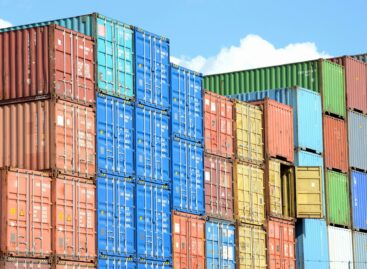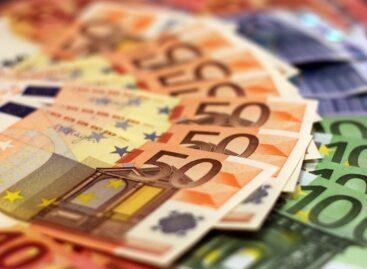How the transition will change global finance
Trillions of dollars of debt and derivatives products are likely to continue referencing IBOR after 2021, but IBORs and ARRs are different.
The transition from IBORs to ARRs will impact the global financial system in two critical ways:
There’s the challenge of legacy contracts. While firms are pivoting away from IBORs, trillions of dollars of debt and derivatives products will continue to reference the index after the 2021 deadline.
ARRs and IBORs are distinctly different. No ARR will be equivalent to the related IBOR because of structural differences between the two. IBOR underpins unsecured and uncollateralized debt and continues to rely on a good deal of expert judgment. ARRs are based on actual overnight transactions and secured by collateral.
This variation between IBORs and ARRs means that the risk profile and valuation of trillions of dollars of financial contracts will likely change once they’re benchmarked by ARRs. To mitigate the uncertainty, firms will need to determine the appropriate spreads to be applied to ARRs ahead of the transition, requiring the recalibration of a wide range of financial and risk models.
This transition will demand a significant transformational effort from both financial services firms and market participants with extensive exposure, bringing a number of challenges along the way.
Related news
The clock is ticking: domestic companies must act now to be able to import duty-free
🎧 Hallgasd a cikket: Lejátszás Szünet Folytatás Leállítás Nyelv: Auto…
Read more >Artificial intelligence will also transform taxation
🎧 Hallgasd a cikket: Lejátszás Szünet Folytatás Leállítás Nyelv: Auto…
Read more >EY: There is a climate plan, but little real action
🎧 Hallgasd a cikket: Lejátszás Szünet Folytatás Leállítás Nyelv: Auto…
Read more >Related news
2026 could be the year of investments for Hungarian SMEs
🎧 Hallgasd a cikket: Lejátszás Szünet Folytatás Leállítás Nyelv: Auto…
Read more >KSH: in December, the number of guests (1.4 million) increased by 12 percent, and guest nights (3.2 million) by 9.2 percent, compared to a year earlier
🎧 Hallgasd a cikket: Lejátszás Szünet Folytatás Leállítás Nyelv: Auto…
Read more >NKFH: extensive cooperation with authorities for more effective consumer protection
🎧 Hallgasd a cikket: Lejátszás Szünet Folytatás Leállítás Nyelv: Auto…
Read more >








